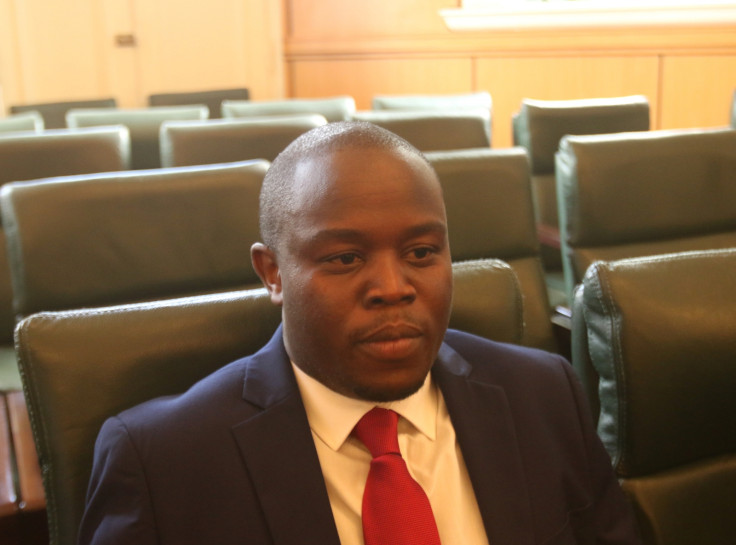Zimbabwe protesters say 'We know that there will be casualties on our part'
Tajamuka spokesman Promise Mkwananzi says people will "not accept a flawed election" in spite of crackdown.
As Zimbabweans hold an anti-government protest led by opposition coalition National Electoral Reform Agenda (NERA) today (22 March), pro-democracy activists say they fear a crackdown.
In recent months, the nation of almost 16 million people has been rocked by a number of social movements, including #ThisFlag and Tajamuka, that successfully managed to shut down the capital Harare in a series of protests against bad governance from President Robert Mugabe's regime.
Today's protest was called after the government reneged on its commitment to allow the United Nations Development Programme (UNDP) to be part of the procurement of biometric voter registration (BVR) kits ahead of next year's elections.
NERA, which represents some 18 political parties including political heavyweight Joice Mujuru's Zimbabwe People First (ZPF), is demanding reforms before next year's polls, and the return of UNDP in an oversight role to ensure the credibility of the election.
Promise Mkwananzi, a citizen activist and national spokesperson of Tajamuka social movement, will be leading the demonstration to which police gave the green light but later issued stringent conditions. He said he anticipated a clampdown by the authorities, but that would not deter protesters.
"We are aware of the risks, but the risks have unintended consequences on the regime. The more the regime is putting democratic or human rights activists in prison, the more it is clear to the international community that this is a government that is not yet ripe for engagement, not yet ripe for international financial assistance," Mkwananzi told IBTimes UK from Harare.
Rights groups have regularly denounced the government's targeting of pro-democracy activists and opposition leaders, who are routinely arrested, imprisoned, kidnapped or in a number of cases, disappeared.
Mkwananzi, who believes the abandonment of the UNDP in the electoral process means the election outcome could be pre-determined, said his message is that Zimbabweans "are never again going to accept a flawed election".

"The legitimacy of the elections following a systematic brutal decimation of opposition forces cannot stand. So while we know that there will be casualties on our part, like we have been in and out of court, carrying these frivolous charges, but the unintended consequences of that the government exposes itself as a government that is not willing to allow a free and fair election, allow the freedom of expression and information."
Mkwananzi added: "This is just the beginning of the protests."
Zimbabweans are demanding electoral reforms are implemented to ensure free and fair elections. Some reforms are encapsulated in the 2013 Constitution which activists claim has only been implemented at 40%, according to a NewsDay newspaper report last month.
"We know that the implementation of the actualisation of our Constitution is a two way process – it is the state's responsibility but it is also the citizen's responsibility to ensure the Constitution is implemented," Mkwananzi added.
"Part of that process is to do the things that the new Constitution allows us to do (demonstrating). We believe that, if we do these things over and over again, naturally the government will have to accept that this is the Constitutional rights of the people ought to be able to exercise."
Opposition leader Morgan Tsvangirai and his MDC party, are also participating alongside all the youth formations in the country.
The government is yet to comment on the protests. Officer Commanding Harare Central District, Chief Superintendent Jasper Chizemo, said the stringent conditions should be obeyed in full.
© Copyright IBTimes 2025. All rights reserved.






















